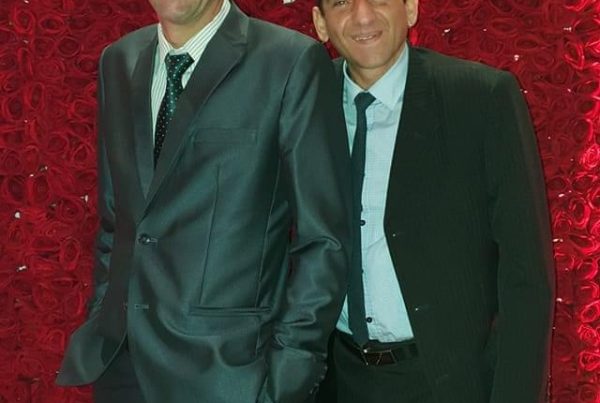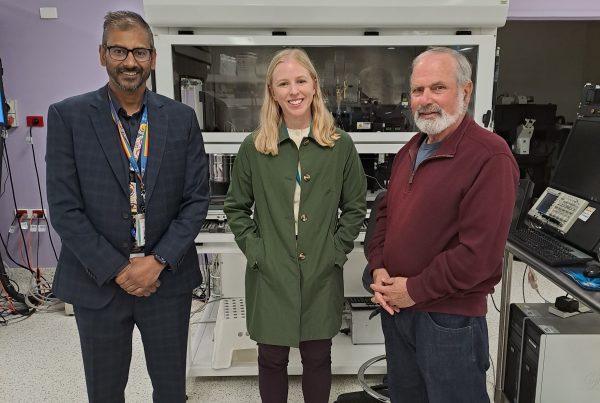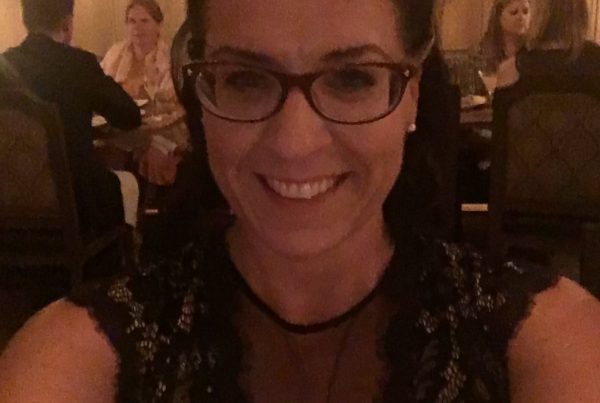Mark Cushway’s life is not just a story of living with cystic fibrosis (CF), but a testament to the power of planning for a future that defies expectations.
At 62, Mark has navigated a life filled with uncertainties, yet his foresight and determination have enabled him to carve out a path of financial security and personal fulfillment.
We caught up with Mark to find out more on what life with CF has been like for him.
1. Please tell us a little about you do (career/occupation) ?
I have spent most of my life involved in publishing, whether that be as a publisher, writer, sales, or photographer. After my lung transplant seven years ago, I set up Fresh Media; a marketing communications agency with a focus on business development. I have been running my own businesses for most of my life, mainly out of necessity, because I was never well enough to stick to a 9-5 job long term.
2. As you didn’t think you’d be around long, when did you realise you needed to start work on your superannuation (Super)?
Like most people living with cystic fibrosis, I’ve felt the foreboding cloud of a shortened life expectancy over me since my teens. I never thought I’d live into my 30s, then 40s, much less my 50s and now 60s, so the idea of investing in super to financially support my future seemed illogical to me.
It wasn’t until our daughter was born and I launched my publishing company in the early 2000s that I took my Super more seriously and set up a self-managed super fund.
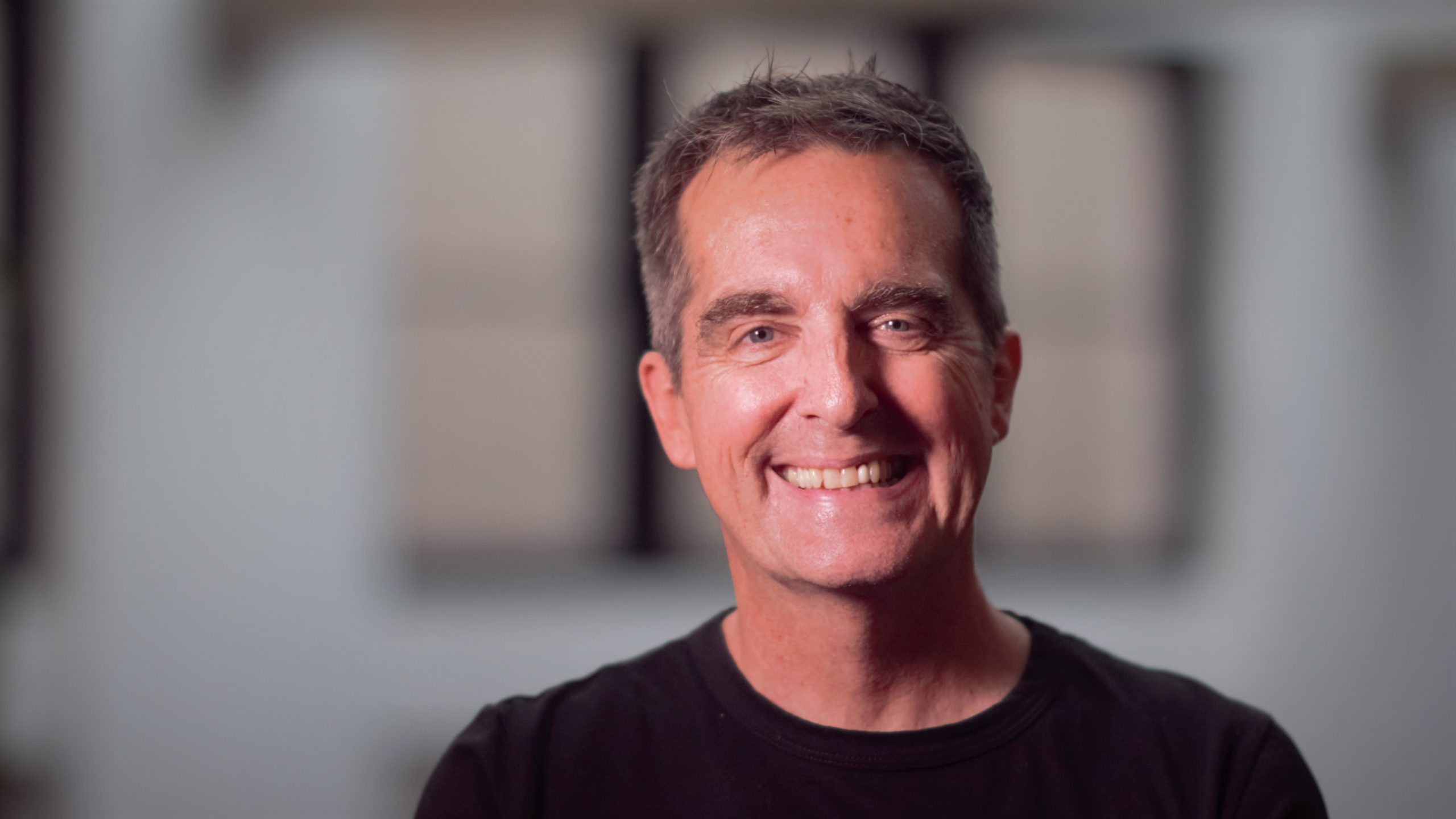
3. How important would you say it is to start thinking of both Super and planning to live a longer life?
Vital.
Super has been compulsory in Australia for over 30 years, so although you receive the mandatory 11% each year, try to add extra to the fund, on top of your employers’ requirements, as voluntary contributions can reduce the amount of tax you pay.
If you have multiple super accounts because you’ve worked in bits and pieces of jobs, consolidate them.
This is a great era for people with CF. There is a future that didn’t exist decades ago. Even CF community care discussing super and life planning is surreal to me.
CF life is very different to when my cohort was growing up.
Aging with CF wasn’t discussed and there was little talk about relationships or parenting, much less retirement and super.
Medical advances, being proactive instead of reactive about our healthcare, and the focus on daily exercise, have now given people living with CF more control over our healthcare as well as hope for a better quality of life and future.
4. How are you handling the realisation that life could be longer than you expected?
I’ve still not come to terms with the idea that I could possibly live longer even though I am now in my 60s. I’ve lived longer than my expected life expectancy so have always felt incredibly fortunate.
To help me think more long term, in the late 1990s when I was in my mid-30s, working in nowhere jobs, struggling with my health, and long-term relationships, I sat down to consider where and who I wanted to be in the future.
I considered myself in five years in key areas of my life – relationships, career, financially, spiritually, health and exercise, and socially. I pictured what my life would look like, five, 10, then 15 years down the track and worked a plan backwards from there, creating yearly goals and monthly to-dos to get there. That plan helped change my mindset and set me up for who I am today.
My life is centred around my family and being fit and well for them.
I was acutely aware that if my daughter lost her dad before she finished high school the trauma could derail her for years, possibly decades. The only way to reach that goal was to be proactive about my health and to that end, exercise daily – always be active, even when I have an admission. To always look at CF as a condition I live with not a disease that defines me.
Em finished high school last year. She did brilliantly and has a scholarship at UNSW to study English Lit.
Now, I’m setting new goals.
I’m blessed to still be alive. I know that. I don’t take that for granted. There are only a small number of people my age and over still living with CF. Every day is so precious.
5.What measures are you putting in place to help plan/secure your future?
I wanted to make sure my family was financially secure when I’m gone, so I sold my publishing business, paid off our house and moved to the country to reduce stress.
I pared back my MarComm business, to create a better work-life balance and provide me with more control over my time. With my Super, I invested the majority in cash and the rest in gold and shares.
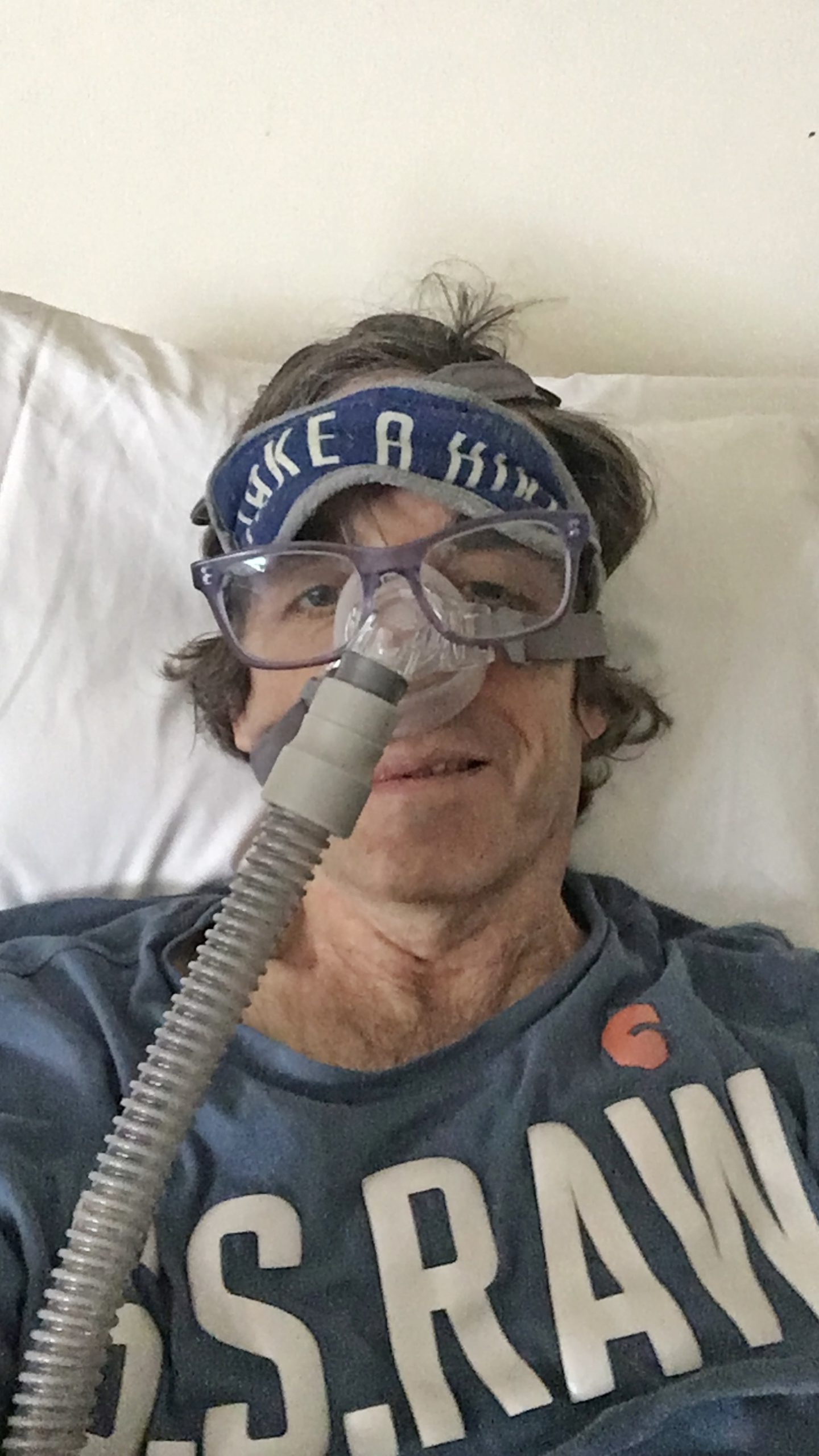
6.What challenges did having a chronic illness like CF pose to you when it came to planning for the future?
I have always lived my life like today is the last day of my life, so I try to make the most of every one of those 1440 minutes.
I never thought I’d have a future, so didn’t have a plan until our daughter was born. Being responsible for the life of another human being totally changed my values and perspective.
Living with CF and the medical complications of life seven years post-transplant is an extra layer of hard few can relate to, but it is also ridiculously rewarding.
I always look for joy in the daily challenges. When I do that, I can’t help but smile and see the good in people and every circumstance. I think I’d be a very different, more intolerable person if it wasn’t for the condition I live with.
7.Are there any tips you’d give to those who live with chronic illnesses in regard to planning their superannuation?
Add as much as you can to your super each year over and above your employer’s regular contributions.
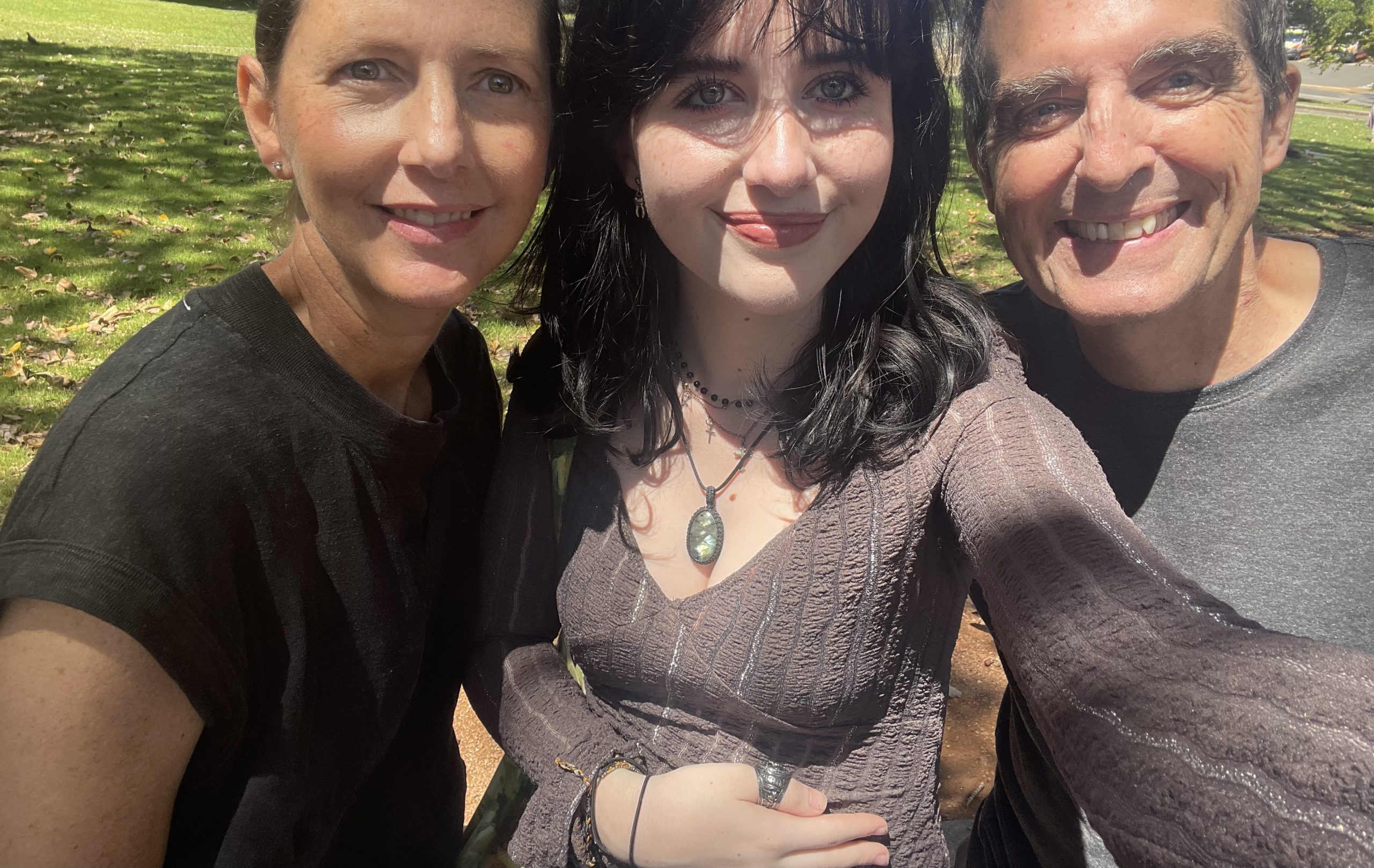
8.Any other tips in general for those living with chronic illnesses?
We all have 1440 minutes in a day, from a world leader to a bank teller to a home carer to a business owner. How we live those 24 hours defines us, not our business card or chronic disease state.
From a practical perspective, we need to be our own healthcare advocate. We can’t expect our specialists and GPs to know everything. They know bits. It is up to us to take more control of the communication channels and share the records we have. I’ve been surprised at the gaps.
Have a great relationship with our pharmacist and medical teams, take time with them, go at their pace, and never stop asking questions. They are there for us. They may give us random information that we question, but they’re imperfect and make mistakes like us all.
Lastly, don’t accept at face value everything medical people say.
I’ve been told I shouldn’t still be alive in my 30s, that I wouldn’t live beyond five years post-transplant so shouldn’t have a transplant.
I’ve been told I had lung cancer, needed many other transplants, then didn’t.
I was diagnosed with epilepsy in my early teens then told at 55 by a leading neurologist that I was never epileptic and that the medications I had been taking for 40 years were doing nothing for me.
Doctors are fallible, be your own healthcare advocate and constantly question.
9. Knowing what you know now, what would you say to your younger self when it comes to finances and the future?
Look at life as a glass half full and never judge or speak ill of anyone.
A quote that has become my mantra – life is 10% of what happens to us and 90% how you react to it. So, slow it down and enjoy the little moments of life.
Live in the moment and appreciate the beauty of what each day brings. It will be better for your physical and mental well-being.
Living with CF can sometimes be and feel all-consuming. Last year I had over 50 medical appointments. At times like this CF feels foreboding and overwhelming.
Living with this condition can feel like an unwanted visitor who wanted to stay a night and never left. It has taken up residence in our home and bit by bit dominated the entire house, our life and those around us. It doesn’t have to be. We can confine CF and move it mentally to a room out the back. It’s there but not always mentally in our face.
Find a job that you love, and you will never work a day in your life. Work in your passion with people who have like-minded dreams and goals. You will look forward to going to work because you are part of something bigger than yourself. If you can’t find that, go out and set up your own.
It might sound cliche, but it’s true, what does matter is not titles or letters after your name but family and friends, good health and working in something that agrees with your lifestyle and makes you happy.
Lastly, stick to the G.O.O.D principle – Get Out Of Debt.
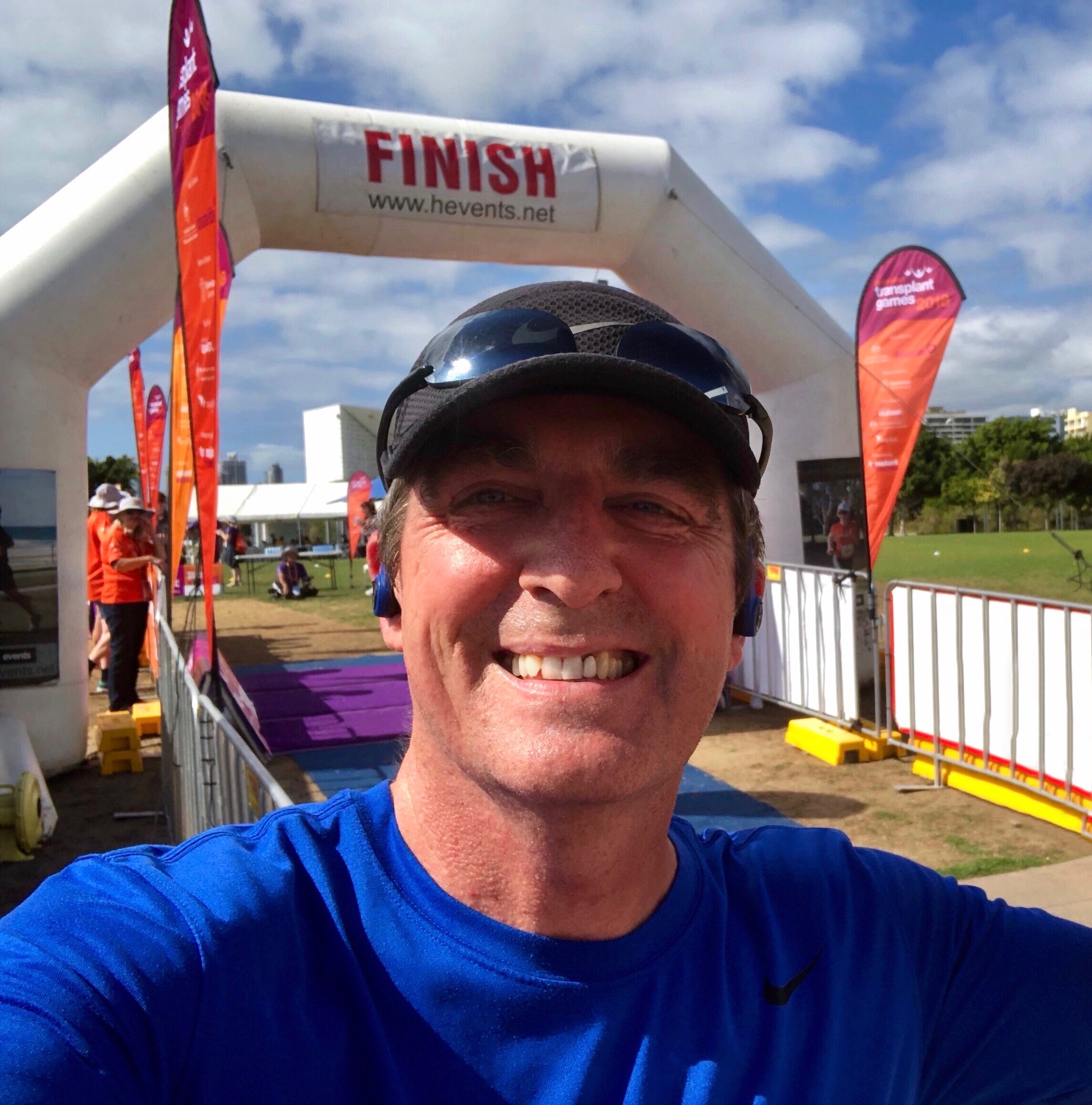
About Mark:
The views, experiences or comments shared on this website are not medical advice and may not reflect opinions or beliefs of Cystic Fibrosis Community Care. Always seek the guidance of your doctor or other qualified health professional with any questions regarding your health.
